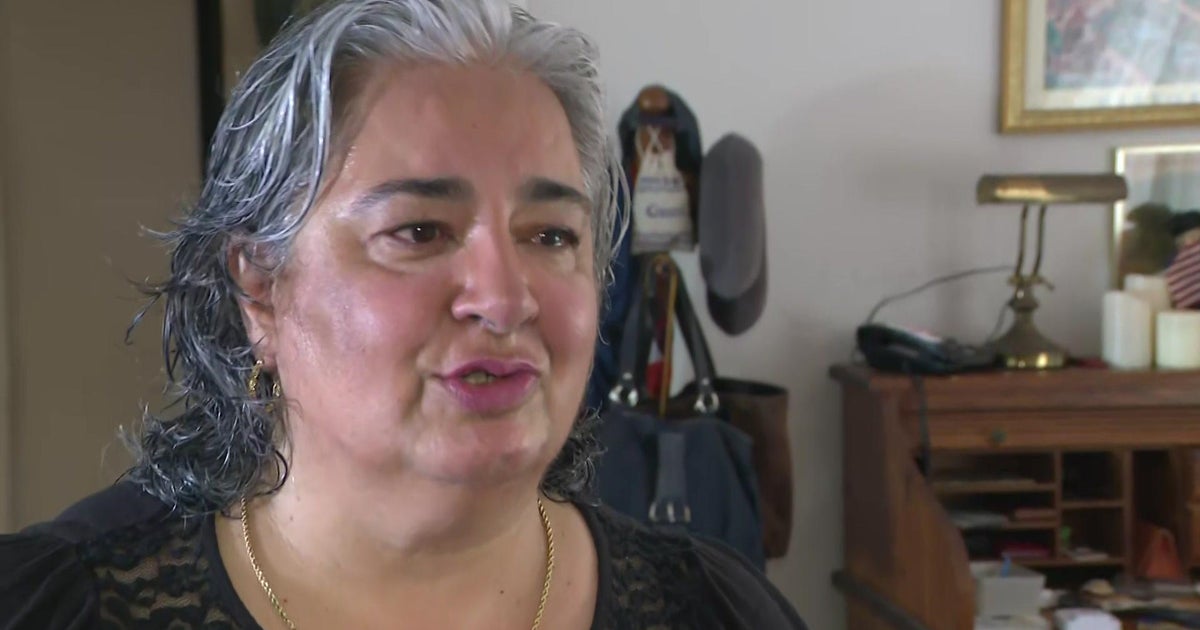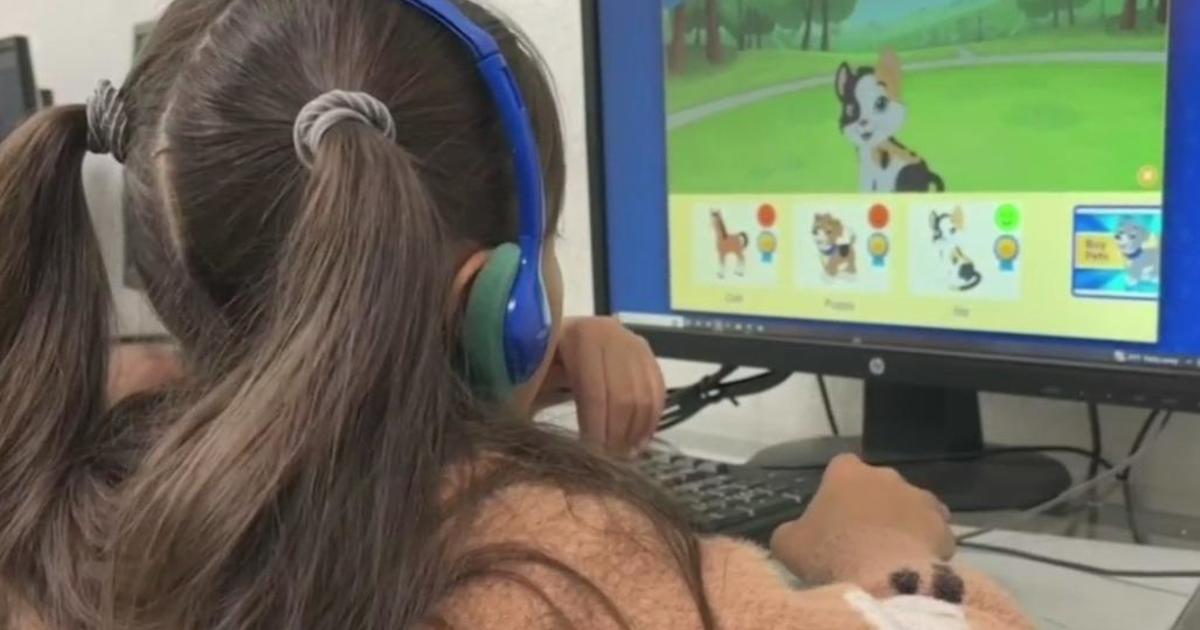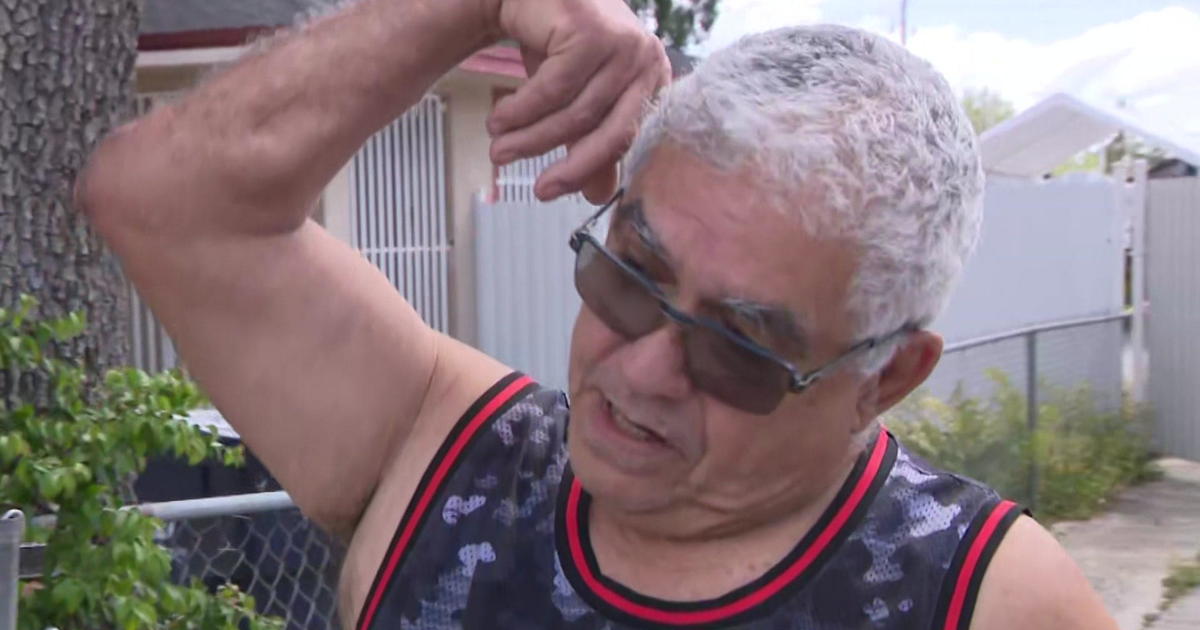Long After The Splashing Subsides, Children Can Still Fall Victim To Drowning
MIAMI (CBSMiami) - Health care professionals warn secondary drowning, or dry drowning, can also be deadly if not caught in time.
"Initially it seems like they might be okay, but it's the time period after, a reaction happens in the lungs," said Registered Nurse Cindy Magnole.
That's exactly how mother Lindsay Kujawa described it in her blog "Delighted Momma".
Her son Ronin slipped under the bubbly surface of a spa for just a few seconds.
She pulled him out and everything seemed fine, until later that night, when she noticed he wasn't acting like himself.
"You're going to notice things," Magnole said from a pediatric emergency exam room at Jackson Memorial's Holtz Childrens Hospital. "You're going to notice maybe they're not hungry, maybe they're coughing, maybe their noses are flaring, some abdominal breathing and there's some pulling in their chest."
Ronin spent a frightening 24 hours in the hospital.
The story of his near-death experience went viral on his mom's blog, serving as a warning to parents of what could happen.
Swim school owner and Miami-Dade firefighter/paramedic Meric Tendrich explains the worst case scenario.
"Water isn't going to the stomach. It goes down the trachea and ends up in the lungs," Tendrich explained to CBS 4's Lauren Pastrana. "Water will cover parts of the lungs that are trying to get oxygen to the blood stream. So technically, you're drowning."
Click here to watch Lauren Pastrana's report.
Magnole adds submersion or immersion in water must take place in order for "secondary drowning" to occur.
Statistics show the leading cause of injury-related death in children between 1 and 4 years old in Florida is drowning, so it's never too early to start swimming lessons.
Miami-based Little Swimmers swim school teaches kids as young as 8 months old how to survive in the water.
"I was terrified the first time because she started crying," Mauricio Giraldo said of his daughter's first lesson.
His little girl Chloe isn't even two years old yet, but Giraldo's heard about secondary drowning, and isn't taking any chances.
"Only two seconds inside the water is very dangerous for them. Even if they don't drown at that moment, they can swallow water and get sick after that," he explained.
While things like a pool fence and door alarms are potential lifesavers, nothing beats an adult's watchful eye.
"Number one thing I can tell you is supervision," stressed Tendrich.
If your child has a scare in the pool, experts encourage you to seek medical attention even if the child seems fine.
For more swim safety resources, visit: http://www.miamidade.gov/parks/learn-to-swim-program.asp
RELATED CONTENT:



